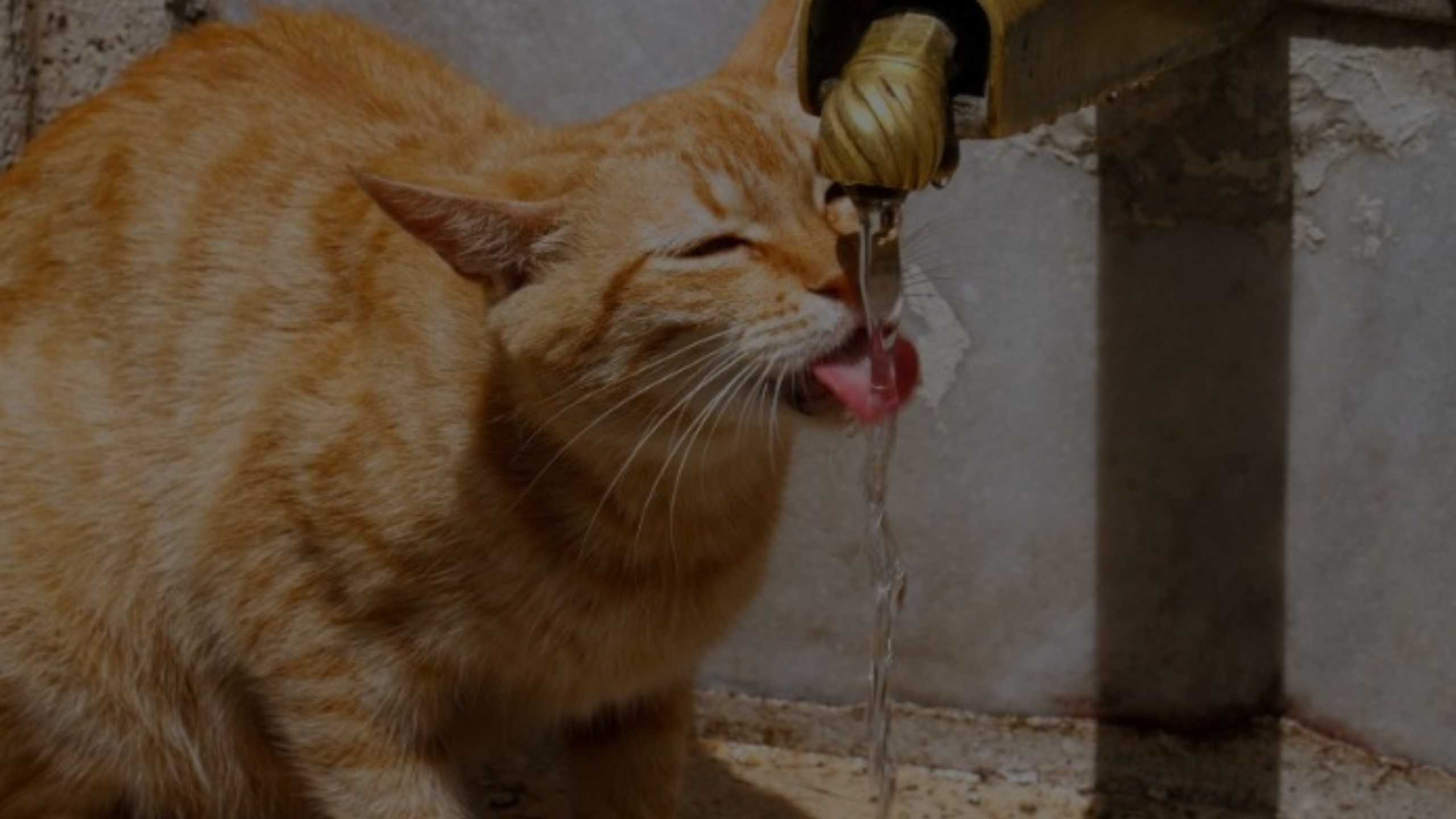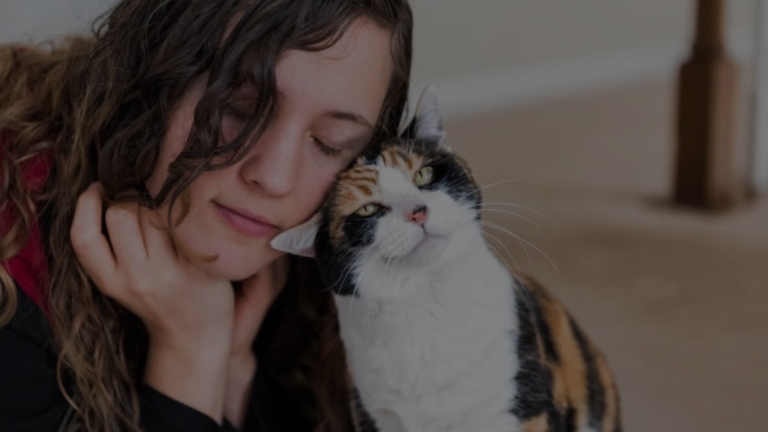Hearing your furry friend cough after a refreshing drink can be alarming. While an occasional cough might not be a cause for concern, persistent coughing warrants closer attention. Why does my cat cough after drinking water? Understanding the potential causes behind your cat’s post-hydration coughs can help you determine the best course of action and ensure their well-being.
Understanding Coughing in Cats
Coughing is a natural reflex that helps clear irritants from the respiratory system. In cats, coughs can vary in sound and frequency, ranging from dry, hacking coughs to wet, productive ones. While some coughs might be harmless, others could indicate underlying health issues.
Potential Causes of Coughing After Drinking Water
Several factors can contribute to your cat’s coughing after drinking:
- Drinking Too Quickly: Eagerly gulping down water can irritate the throat, triggering a cough. Consider using smaller water bowls or spreading water sources around the house to encourage slower drinking.
- Water Quality: Impurities or stale water can irritate your cat’s throat, leading to coughing. Ensure their water is fresh and filtered regularly.
- Foreign Objects: In rare cases, a foreign object lodged in the throat can cause coughing, especially after drinking, as the water dislodges it. If you suspect this, seek immediate veterinary attention.
- Collar Pressure: A tight collar can put pressure on the trachea, leading to coughing, particularly when the cat lowers its head to drink. Ensure a comfortable, properly fitted collar.
- Respiratory Issues: Underlying respiratory conditions like asthma, bronchitis, or allergies can manifest as coughing, especially after drinking, as the increased activity irritates the airways.
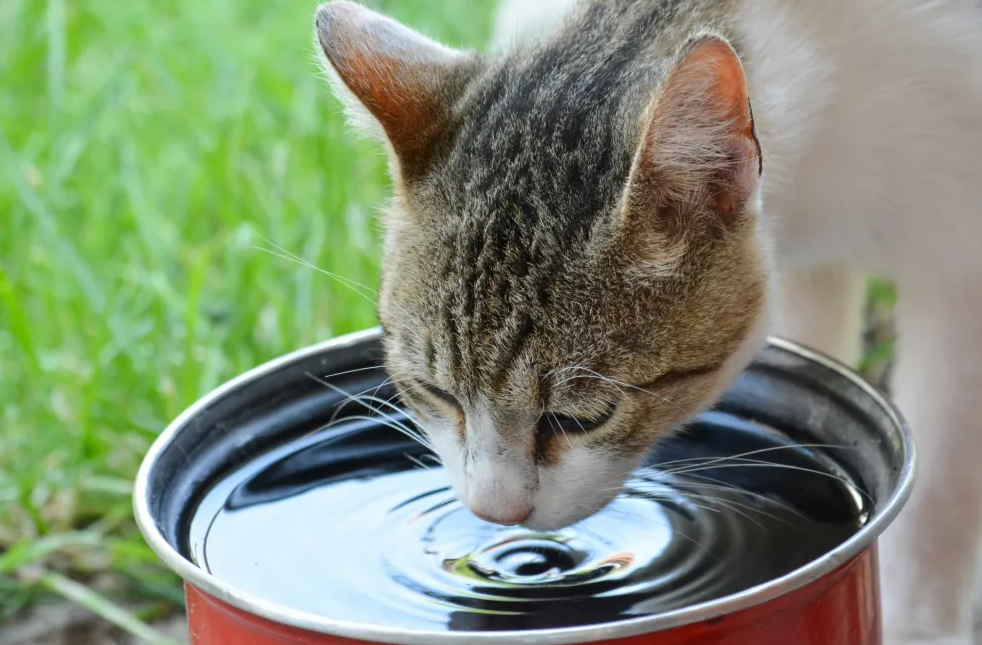
Red Flags Requiring Veterinary Attention
While some coughing episodes might be temporary, certain signs warrant immediate veterinary attention:
- Persistent Coughing: Coughing that lasts for more than a few days or worsens over time requires professional evaluation.
- Other Symptoms: Lethargy, fever, difficulty breathing, loss of appetite, or discharge from the nose or eyes alongside coughing can indicate a more serious issue.
- Blood in Cough: Any presence of blood in the cough is a red flag and necessitates immediate veterinary intervention.
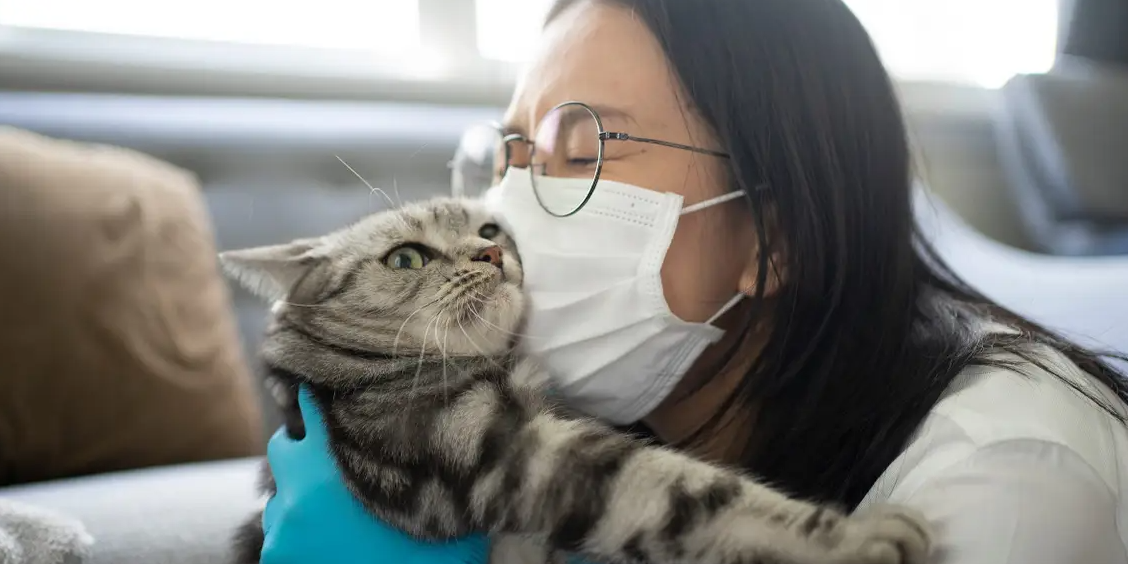
Your Cat Not Drinking Water? Learn Causes, Signs, and Solutions
Diagnosing the Cause
To diagnose the cause of your cat’s coughing, your veterinarian will conduct a thorough physical examination and may recommend further tests, such as:
- Chest X-rays: To assess the lungs and airways for abnormalities.
- Blood tests: To rule out underlying infections or other conditions.
- Tracheoscopy: A visual examination of the airways using a specialized scope.
Treatment Options
The treatment for your cat’s cough will depend on the underlying cause. It might involve:
- Medications: Antibiotics for infections, bronchodilators for asthma, or antihistamines for allergies.
- Dietary Changes: High-quality food and fresh water can improve overall health and reduce irritation.
- Environmental Modifications: Removing allergens or irritants from the environment can alleviate coughing caused by sensitivities.
- Surgery: In severe cases, surgery might be necessary to remove foreign objects or address structural abnormalities.

Preventing Coughing in Cats
Here are some tips to stop coughing in your feline companion:
- Provide fresh, clean water: Regularly refill and clean water bowls to ensure optimal quality.
- Monitor water intake: Encourage slower drinking by using smaller bowls or spreading them around the house.
- Maintain a healthy weight: Excess weight can pressure the airways, contributing to coughing.
- Regular veterinary checkups: Schedule regular checkups to detect and address potential health issues early on.
- Minimize allergens and irritants: Keep the environment dust-free and use unscented cleaning products.
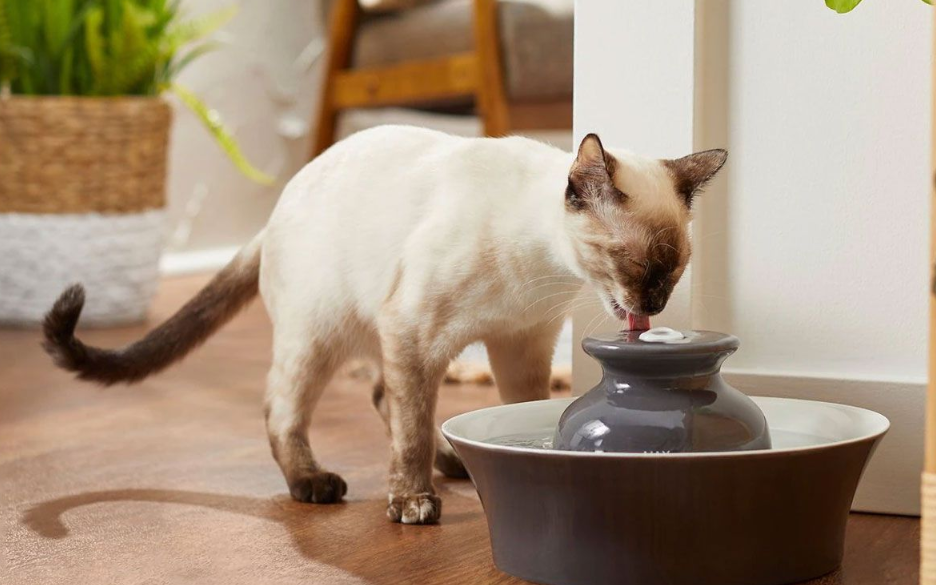
Conclusion
While an occasional cough after drinking might not be a cause for alarm, persistent coughing warrants veterinary attention; understanding the potential causes, identifying red flags, and taking preventive measures can ensure your cat enjoys a healthy and cough-free life. Early diagnosis and treatment are crucial for addressing underlying health issues and promoting your feline friend’s well-being.
Resources & References
- American Veterinary Medical Association: https://www.avma.org/
- Cornell Feline Health Center: https://www.vet.cornell.edu/departments-centers-and-institutes/cornell-feline-health-center
- VCA Animal Hospitals: https://vcahospitals.com/
- Mayo Clinic: https://campusveterinary.com/2011/12/03/question-of-the-week-what-is-the-difference-between-coughing-and-gagging-in-cats/
Disclaimer: This article is for informational purposes only and should not be interpreted as veterinary advice. Please consult your veterinarian.
FAQs About Your Cat Coughing After Drinking Water
Is an occasional cough after drinking water always bad?
Not necessarily. An occasional cough, especially after enthusiastic guzzling, might be due to minor throat irritation and shouldn’t raise immediate alarm. However, frequent or persistent coughing warrants closer attention.
What are some common reasons my cat might cough after drinking?
- Drinking too quickly: Eager gulping can irritate the throat, leading to a cough. Encourage slower drinking by using smaller bowls or spreading water sources around the house.
- Water quality: Impurities or stale water can irritate the throat. Ensure their water is fresh and filtered regularly.
- Respiratory issues: Underlying conditions like asthma, bronchitis, or allergies can manifest as coughing, especially after increased activity like drinking.
When should I be concerned about my cat’s coughing?
Seek veterinary attention if:
- The cough persists for more than a few days or worsens over time.
- Other symptoms like lethargy, fever, difficulty breathing, or discharge from the nose or eyes accompany the cough.
- Blood is present in the cough.
What will the vet do to diagnose the cause?
Your veterinarian will conduct a physical examination and may recommend:
- Chest X-rays to assess the lungs and airways.
- Blood tests to rule out infections or other conditions.
- Tracheoscopy is a visual examination of the airways using a specialized scope.
How can I treat my cat’s coughing?
Treatment depends on the underlying cause and might involve:
- Medications: Antibiotics for infections, bronchodilators for asthma, or antihistamines for allergies.
- Dietary changes: High-quality food and fresh water can improve overall health and reduce irritation.
- Environmental modifications: Removing allergens or irritants from the environment can alleviate coughing caused by sensitivities.
- Surgery: In severe cases, surgery might be necessary to remove foreign objects or address structural abnormalities.
How can I prevent my cat from coughing after drinking?
- Provide fresh, clean water regularly.
- Encourage slower drinking with smaller bowls or dispersed water sources.
- Maintain a healthy weight to avoid pressure on the airways.
- Schedule regular vet checkups for early detection and treatment of potential issues.
- Minimize allergens and irritants in the environment.

